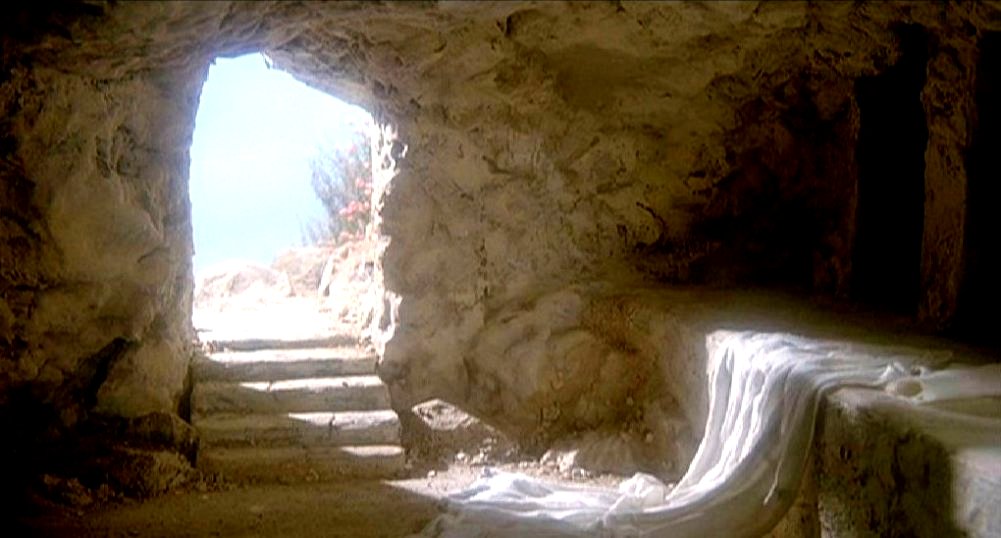Messianic Bible Teacher
Zola Levitt
1938-2006
Three Days and Three Nights
By Zola Levitt
The question constantly arises:
If the Lord were really crucified on Friday and rose again
on Sunday, how could that have encompassed
three days and three nights?
The Gospel accounts indicate that
the Lord was crucified on Friday
at 9:00 a.m. and taken off the cross at 3:00 p.m.
His body was prepared for burial and interred at sundown
the same day, which was the beginning of
the Festival of Unleavened Bread.
The Lord then arose on Sunday morning after sunup.
According to the modern way of counting,
this spans barely two days.
Yet that time period seems to disagree
with Jesus' earlier prediction:
"For Jonas was three days and three nights in the whale's belly;
so shall the Son of man be three days and three nights
in the heart of the earth."
(Matthew 12:40)
The prophecy can be understood when we examine the
Jewish way of counting days and nights.
We must recall that the Jewish day always starts at sunset,
so Friday really begins on Thursday evening,
a fact that is reflected in the language of Genesis,
"the evening and the morning" are the first day.
The second day then begins at sundown on Friday
and continues through the daytime on Saturday.
Finally, Sunday begins at sundown on Saturday
and stretches through Saturday night and the
daylight hours of Sunday, making the third day.
And since the Jews counted any portion
of daylight as a full day, then Friday
morning through Sunday morning would
have been seen as three complete days.
People have sometimes struggled to move Passover
the "Last Supper" back one day in order
to get three days and three nights the way we
would count them in the Western world, but,
that would be inaccurate.
Even in the Western world we begin each day on
the night before at midnight, so the
concept is not strange to us.
And supporting this understanding of the
Lord's crucifixion on a Friday,
against those who claim it happened on
a different day, is the centuries-long history
of Christians celebrating Good Friday,
not "Good Thursday" or "Good Wednesday".
So this is more evidence that we can trust in
the accuracy of the Biblical account, as well as
further confirmation that knowledge of the
Jewish roots of Christianity can open a
deeper understanding of God's Word.



No comments:
Post a Comment